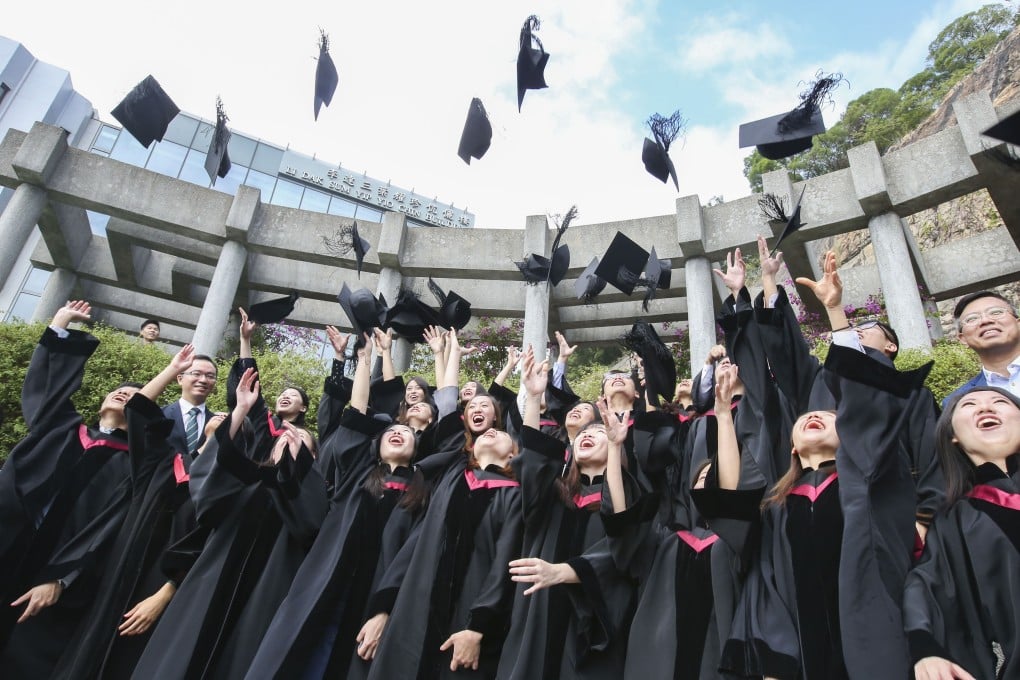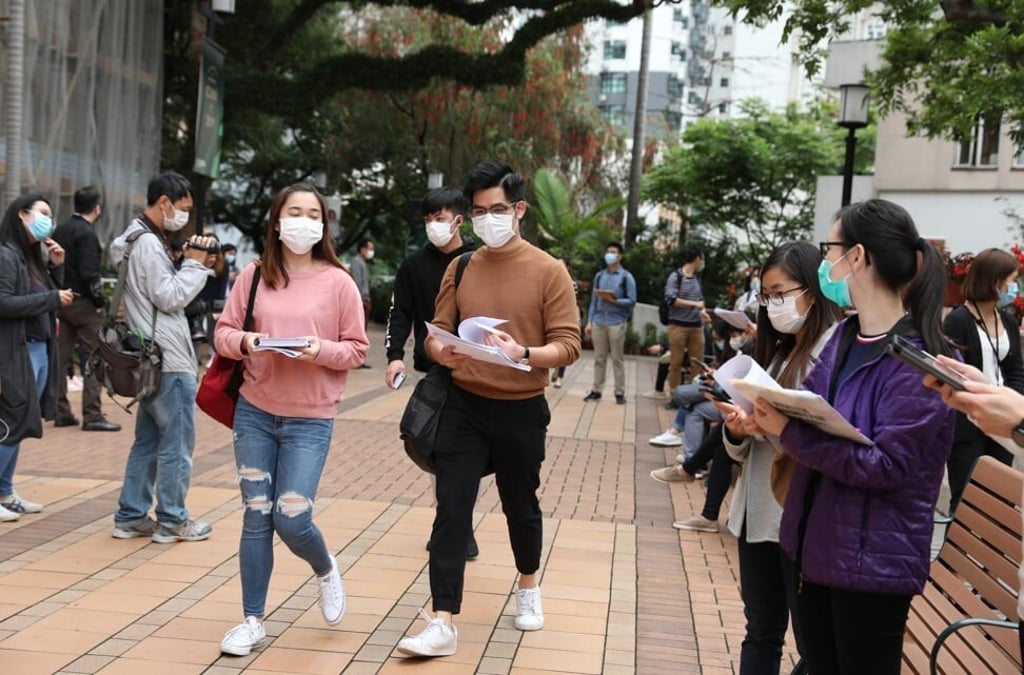China kills almost 300 partnerships with elite foreign universities in places like New York, London and Hong Kong, after private tutoring ban
- China routinely assesses and cancels foreign educational partnerships that fail to meet its regulatory standards
- The latest round of cancellations comes less than a month after a crackdown on the country’s private tutoring industry to try and curb a culture of excessive studying among China’s youth

China’s education authorities have terminated 286 cooperative programmes between Chinese and foreign universities as part of a routine assessment of collaborative arrangements with foreign institutions.
A cumulative list of terminated programmes was published last week on the official app of the Ministry of Education and included partnerships with elite institutions including City University London, New York University and the University of Hong Kong.
Some of the programmes were also mentioned in a similar list released by the education authorities in 2018, and appear to have been terminated several years ago.
The list published last week, which did not have a defined timeframe, included a bachelor’s programme between the Harbin University of Science and Technology and City University London on mechanical design and automation, a master’s programme between Peking University and the University of Hong Kong on economics and finance, and a social work programme between Shanghai’s East China Normal University and New York University. Other universities to have partnerships culled included the University of Florida, University of Southern Queensland, and the University of Leeds.

“As someone who had just gotten into a collaboration programme between a Chinese and a foreign university, I’m panicking right now,” one person said on Weibo.